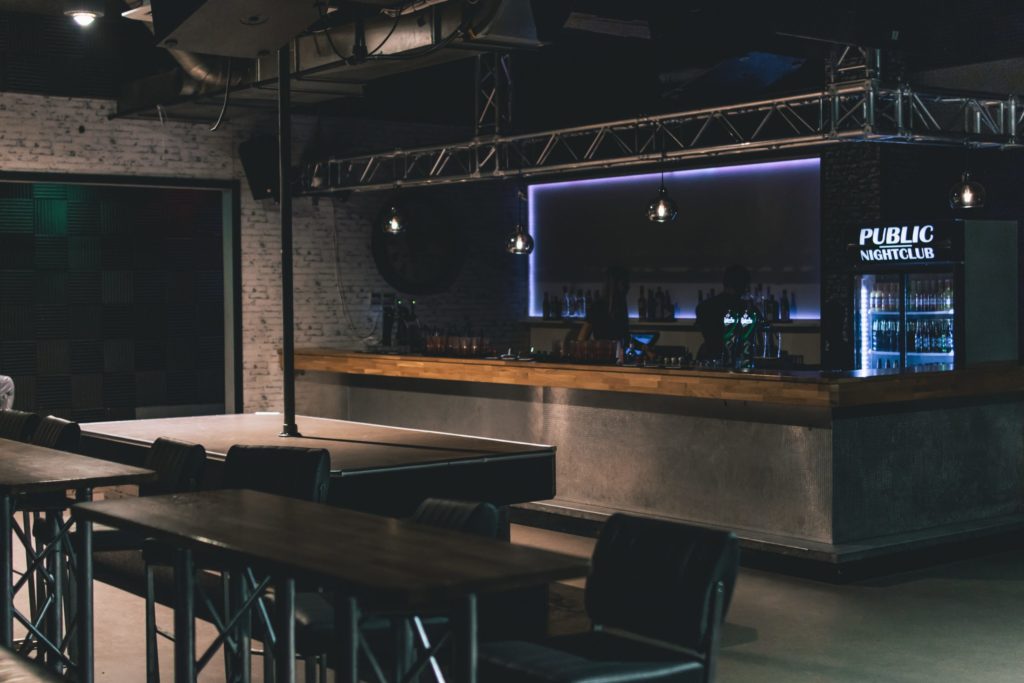A week after closures, Brooklyn’s restaurant workers are fending for themselves

Greenpoint’s Five Leaves had just started to regularly seat outdoor tables at its coveted brunch spot facing the northern tip of McCarren Park when Governor Andrew Cuomo announced that all restaurants and bars in the tri-state area must shut down operations except for take-out and delivery.
As one of the most dramatic pushes to slow the spread of the new coronavirus, the abrupt closure of Brooklyn’s 6,857 restaurants — as estimated by the city Department of Health — brought thousands of the borough’s restaurant workers into an indefinite period of unemployment.
A week has passed since the directive went into full effect on March 16, and former servers, bartenders, line-cooks and managers are still reeling from the blow, wondering what to do next.
